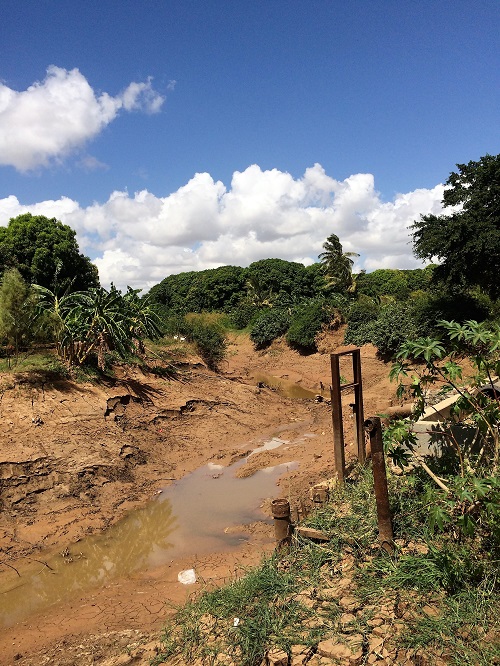
SHABELLE RIVER and its Economic Impact to Lower Shabelle Farmers
The Lower Shabelle region is located in south west state of Somalia. It is the most productive region in the country and has integrated economic resources that could feed most parts of Somalia. Lower Shabelle is the greatest food supplier to major cities including Mogadishu.
The recurrent hydrological drought of the Shabelle river over the last three years has resulted in a lower crop production of vegetables, fruits and staple food crops like maize and sorghum. The price of food crops is on the rise and will continue to rise for the months to come.
River water availability is under threat from changing climate and there has been a severe shortage of precipitation in many parts of Somalia.
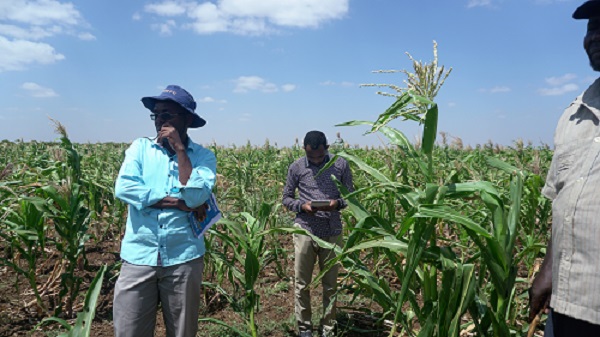
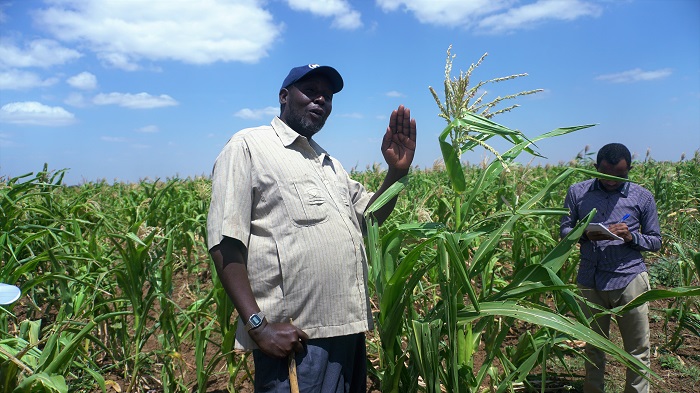
Efficient use of water through climate smart agriculture interventions and integrated conservation agriculture will be increasingly important for reducing the impacts of water scarcity and droughts in the impacted areas.
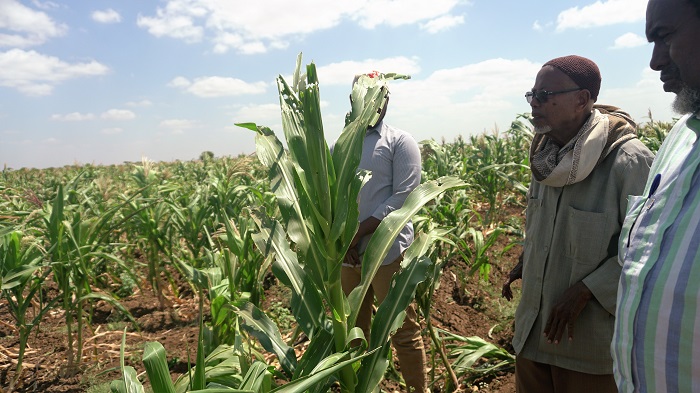
- By Husni Muse
SATG M&E
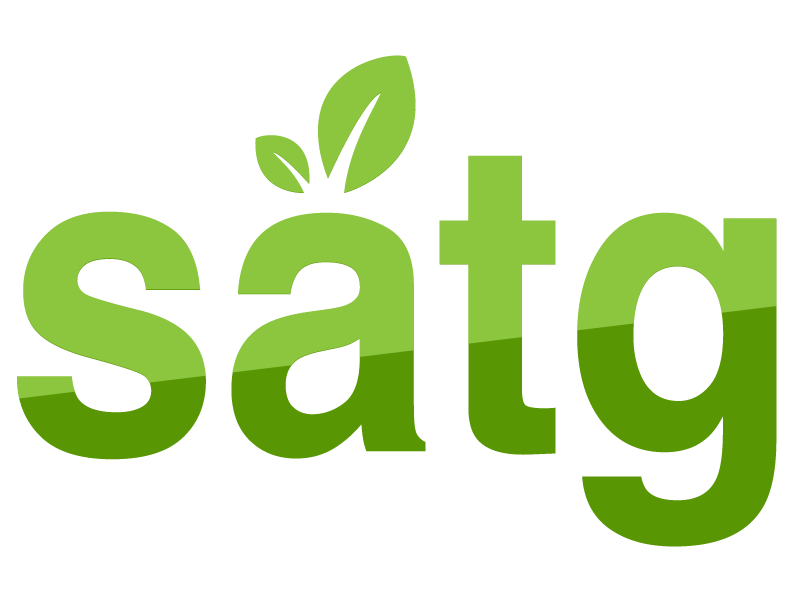

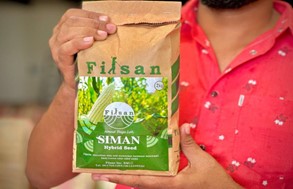


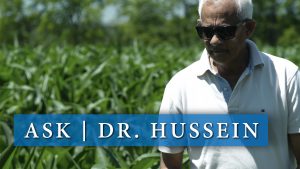
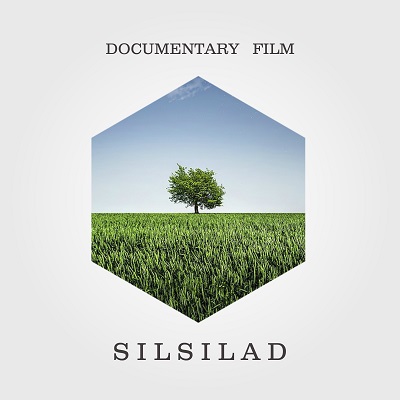

Recent Comments